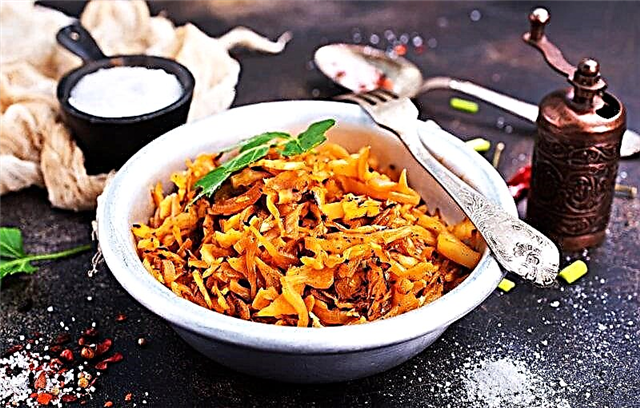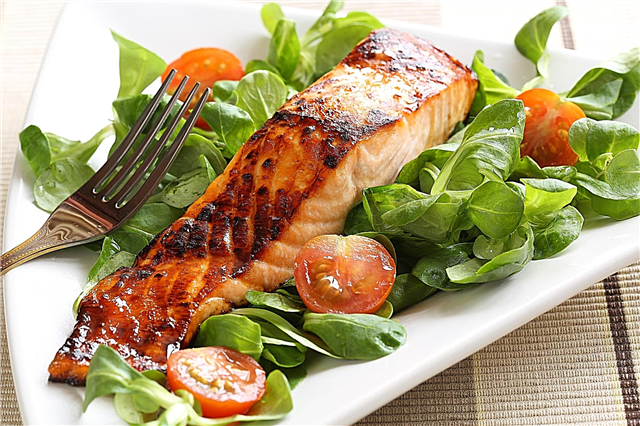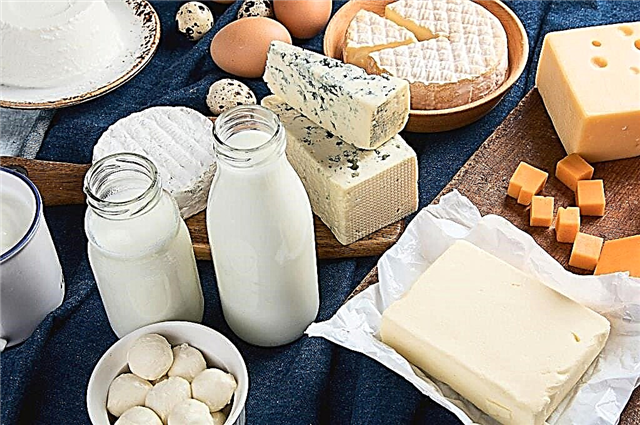
It is a well-known fact that excess carbohydrate intake can negatively affect waist circumference and lead to many metabolic problems. But now the reputation of “new cigarettes” can also be fixed for them: published the other day in the magazineCancer Epidemiology, Biomarkers & PreventionResearch from the University of Texas shows that refined carbohydrates with a high glycemic index can significantly increase the risk of lung cancer.
The researchers surveyed 1,905 lung cancer patients and 2,413 healthy volunteers about their dietary habits and analyzed the correlation of the disease with the glycemic index and glycemic load. The analysis showed a strong statistically significant association between consumption of high-glycemic foods and lung cancer: among those who ate the most high-GI foods, the risk of the disease was on average 49% higher than among those who ate the least such foods.
glycemic index - the rate at which blood sugar rises,
glycemic load is the total amount of carbohydrates.
As you know, the main risk factor for lung cancer is smoking, which increases the risk by about 25 times (i.e. by 2,500%). But smoking cessation does not give any firm guarantee against lung cancer - 20% of all lung cancer victims in the United States are not smokers. And, as the study of American scientists has shown, the possible carcinogenic effect of carbohydrates with a high GI is especially pronounced among nonsmokers: in this group, the risk of lung cancer among those who ate the most "fast" carbohydrates was more than twice (by 125% ) higher than among those who ate them the least. For comparison: among smokers, the difference in risk was only 31%. the much more dominant risk factor, smoking, overshadowed all other factors.
Interestingly, such clear associations were found only with the glycemic index, but not with the total glycemic load, which practically did not correlate with morbidity. Those. The impact on the risks of lung cancer was influenced not by the total amount of carbohydrates consumed, but by their quality. Refined carbohydrates such as sugar and flour, as well as white rice and potatoes are arguably the most carcinogenic.
Another interesting association was found with educational attainment: among those who graduated for at least 12 years, high intake of "fast" carbohydrates increased the risk of lung cancer by 77%. Among those whose education level is less than 12 years - the difference is half as much, 33%. According to scientists, the level of education is an indicator of many other socioeconomic factors. Well-educated people who cut off high-GI carbohydrates are more likely to consciously adjust their diets and lifestyles to lower their risk of not only cancer, but many other diseases as well.
The mechanism that links high-GI foods to lung cancer is not yet understood, but according to one of the study's authors, Dr.Stefan Melkonyan, high blood sugar and insulin levels caused by refined carbohydrates can have a strong effect on the production of insulin-like growth factors (IGFs). Earlier studies have shown that increased IGF levels are associated with an increased risk of lung cancer.

For the first time, this study establishes a link, and such a significant one, between foods with high GI and lung cancer, which is one of the most common and dangerous cancers. But it also has a number of limitations.
First, epidemiological studies of this kind can establish statistically significant associations, but not prove causality. Controlled experimentation is not possible in the study of cancer risk factors, however, so you have to rely on epidemiology as your main tool.
Secondly, the retrospective survey method is rather imprecise - when trying to remember and describe in detail their nutrition over the past year, people often get confused, make mistakes, embellish their behavior and give the answer that seems to them the most “correct”.
Third, the study was conducted only on non-Latin white Americans, which severely narrows the ethnic range, and the number of participants was relatively low.
It is clear that further study of the issue will require long-term cohort studies with a much larger number of participants. But the fact that a new search direction has been set and a new risk factor has been identified is already a great achievement.
Interestingly, previous studies have linked other foods, such as red meat, to lung cancer. But in epidemiological studies, it is very difficult to separate some factors from others, especially when it comes to nutrition. Here, the fact that in many countries, and especially in the United States, a high consumption of meat can be directly related to a high consumption of fast food, almost entirely consisting of foods with a high GI: bread, french fries, and sugary drinks, plays a role.
The link between lung cancer and the consumption of various foods will be studied for many years, but the fact that very serious suspicions have fallen on refined carbohydrates is worth taking into account right now. To the reasons to refuse sweet and starchy foods was added one more - and very weighty. This concerns non-smokers in the first place. The rest should also quit smoking.











